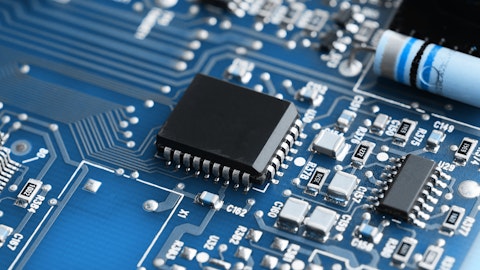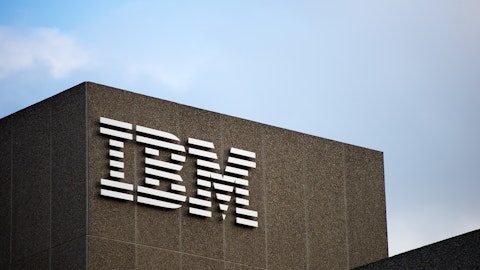In a study focused on insider trading, several researchers from top-tier U.S. universities split insider trading into two camps: predictable or routine insider trading activity that is not informative for the future of firms; and information-rich insider trading activity that contains strong predictive power. The so-called routine insider selling can be driven by diversification or liquidity reasons. For instance, insider trading watchers might have noticed that Bill Gates trades in a pre-announced, routine fashion. But why do we talk only about insider selling here?
Because only a small portion of the overall insider buying activity can be considered routine. Routine insider buying involves freshly-appointed board members or executives buying shares to meet the stock ownership guidelines put in place by most publicly traded companies. Going back to the aforementioned study, the researchers who conducted in the study found that the abnormal returns associated with routing trades were essentially zero, whereas information-rich insider transactions, called “opportunistic,” yielded value-weighted abnormal returns of 82 basis points per month. That said, the following article will discuss a set of noteworthy insider transactions reported with the SEC on Wednesday.
Academic research has shown that certain insider purchases historically outperformed the market by an average of seven percentage points per year. This effect is more pronounced in small-cap stocks. Another exception is the small-cap stock picks of hedge funds. Our research has shown that imitating the 15 most popular small-cap stocks among hedge funds outperformed the market by nearly a percentage point per month between 1999 and 2012 (read more details here).

YURALAITS ALBERT/Shutterstock.com
Avinger’s Top-Tier Executives Purchase Shares
Two of Avinger Inc. (NASDAQ:AVGR)’s most informed executives purchased shares earlier this week. To begin with, Chief Executive Officer Jeffrey M. Soinski bought 57,100 shares on Tuesday at a price tag of $3.50 each, boosting his overall holding to 59,345 shares. Moreover, Chief Financial Officer Matthew B. Ferguson snapped up 7,000 shares on the same day for $3.50 each. After the recent purchase, Mr. Ferguson currently owns 25,754 shares.
The aforementioned shares were purchased through a public offering of 9.86 million shares, which generated around $317 million in net proceeds. The commercial-stage medical device company that designs and manufactures precision medical device technology to treat patients with peripheral artery disease plans to use the net proceeds from the offering for general corporate purposes, including working capital, capital expenditures, as well as acquisitions of complementary products, technologies or businesses. Avinger Inc. (NASDAQ:AVGR) may also use proceeds to cover a portion of its debt to “cure potential non-compliance with the covenant” in a loan agreement that requires minimum revenue of $23.0 million in 2016. Avinger has lost 80% of its market value since the beginning of the year. Royce & Associates, founded by Chuck Royce, owns nearly 597,000 shares of Avinger Inc. (NASDAQ:AVGR) as of June 30.
Follow Avinger Inc (NASDAQ:AVGR)
Follow Avinger Inc (NASDAQ:AVGR)
Receive real-time insider trading and news alerts
The next page of the article will discuss fresh insider buying registered at two companies, while the final page of the article will disclose noteworthy insider transactions recently recorded at two other companies.





